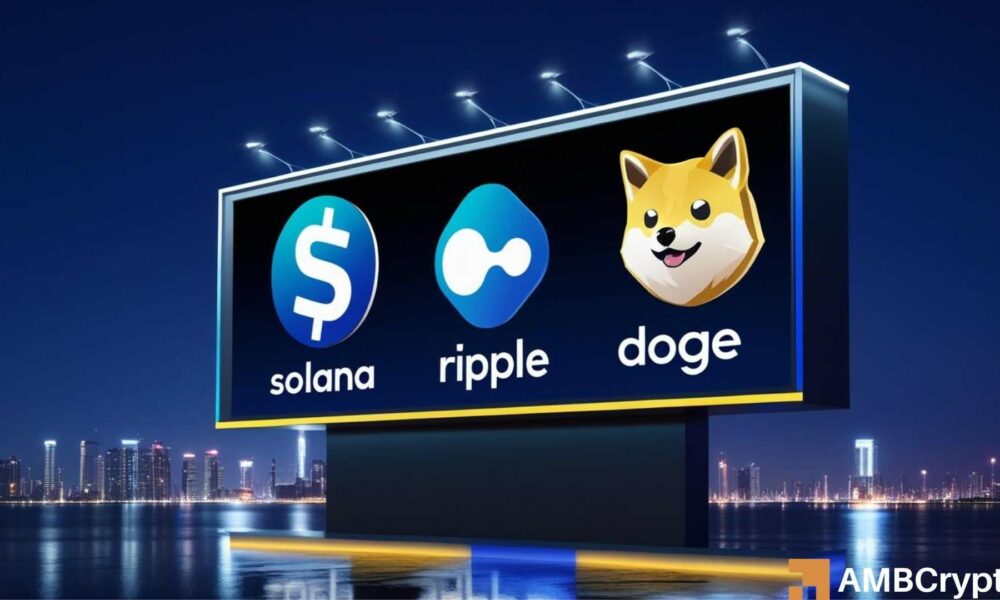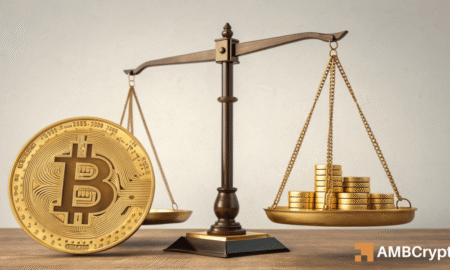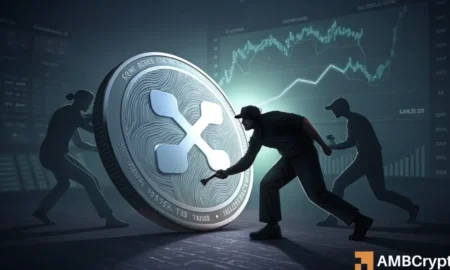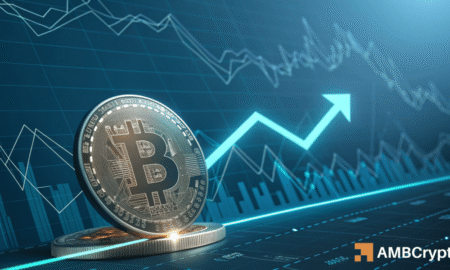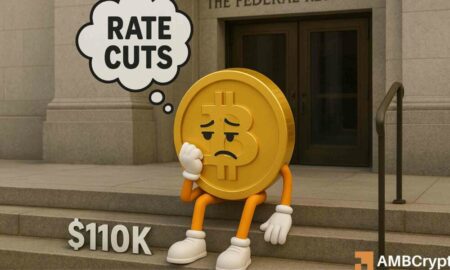Fast-Tracking Crypto ETFs: What the SEC’s New Listing Standards Mean for Altcoins
The U.S. Securities and Exchange Commission (SEC) has announced a new set of rules aimed at expediting the approval of cryptocurrency Exchange-Traded Funds (ETFs), a move that could significantly influence the crypto market landscape. Observers speculate that this advancement might lead to the approval of altcoin ETFs as early as September or October 2023. Interestingly, according to analysts, the spot Solana (SOL) ETF may even come to fruition before Ripple (XRP) due to this new framework.
SEC’s New Generic Listing Standards Explained
On July 30, the Cboe BZX exchange filed for changes to simplify the ETF approval process, introducing what it calls “generic listing standards.” These new standards could channel future approvals through a nexus with the Futures market. Greg Xethalis, general counsel at VC MultiCoin Capital, notes that any crypto asset with a minimum of six months of tracking in the Futures market, especially those listed on Coinbase, could qualify for these ETFs. This means that a wide array of altcoins might soon be accessible to investors through traditional investment vehicles.
Implications for Altcoin ETFs
The announcement of the new standards has been hailed by industry experts as a game changer. Bloomberg senior ETF analysts Eric Balchunas and James Seyffart have expressed their optimism, emphasizing the importance of this framework for digital assets in an ETF format. According to Balchunas, the tracking of Futures contracts will likely pave the way for altcoins like Litecoin (LTC), Dogecoin (DOGE), Solana (SOL), and Ripple (XRP) to receive approvals by late September or early October. He elaborates, "It’s about a dozen of the usual suspects, the same ones we had at 85% or above in our odds."
The Future of Crypto ETF Approvals
The approval of Bitcoin (BTC) and Ethereum (ETH) ETFs occurred shortly after the introduction of CME Futures for these cryptocurrencies. The new approach from the SEC leans heavily on previously established Futures trading, which falls under the jurisdiction of the Commodity Futures Trading Commission (CFTC). This allows the CFTC to play a more significant role in determining what gets approved by the SEC. Notably, Solana’s Futures began trading on March 17, 2023, while XRP followed later on May 19, suggesting that Solana may see ETF approval sooner.
Staking and Broader Market Impact
In addition to discussing the new listing standards, Xethalis also mentioned the inclusion of an ETF staking provision. This aspect could draw the attention of traditional financial exchanges such as Nasdaq and the New York Stock Exchange (NYSE), prompting them to follow suit in submitting similar filings. The potential for staking offerings adds another layer of appeal for investors, making these altcoin ETFs even more attractive.
Delays and Future Uncertainties
Despite the positive outlook surrounding the new framework, it’s essential to remain cautious. The SEC has previously delayed several applications for altcoin and crypto index ETFs, including a recent filing from Truth Social, which is linked to former President Donald Trump. Industry experts believe these delays can often be attributed to legislative and regulatory nuances inherent in the process. It remains to be seen how swiftly the SEC will act under the new guidelines and how this will affect ongoing delays.
Conclusion: A New Era for Cryptocurrency Investment
In summary, the SEC’s introduction of new general listing standards marks a pivotal moment for the cryptocurrency sector, especially for altcoins seeking ETF approvals. As industry analysts project that spot ETFs for Solana and perhaps other altcoins may receive a green light by the end of Q3 2023, investors should keep a watchful eye on upcoming regulatory developments. This new framework not only makes it feasible for more cryptocurrency assets to enter the ETF space but also positions the crypto market to evolve and mature as an integral part of traditional investment portfolios.
This adaptation of the SEC’s policies signifies more than just procedural changes; it stands as a harbinger for broader acceptance and integration of cryptocurrencies within the financial market, ultimately benefiting investors and the overall ecosystem.





